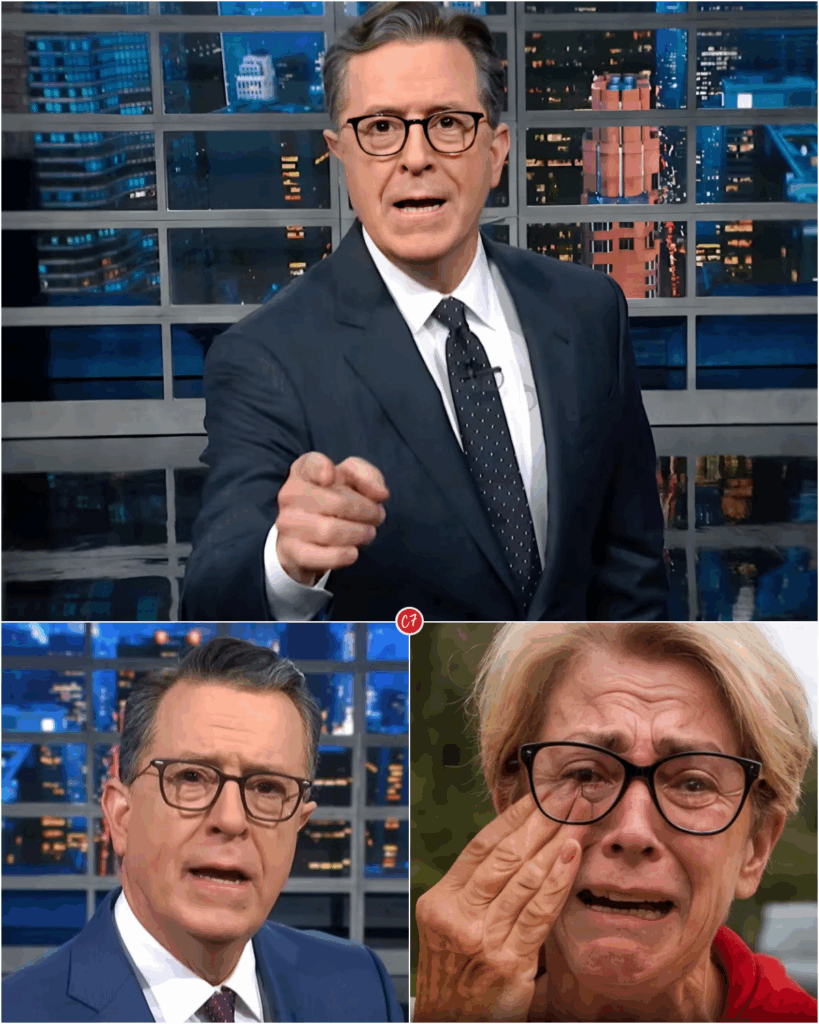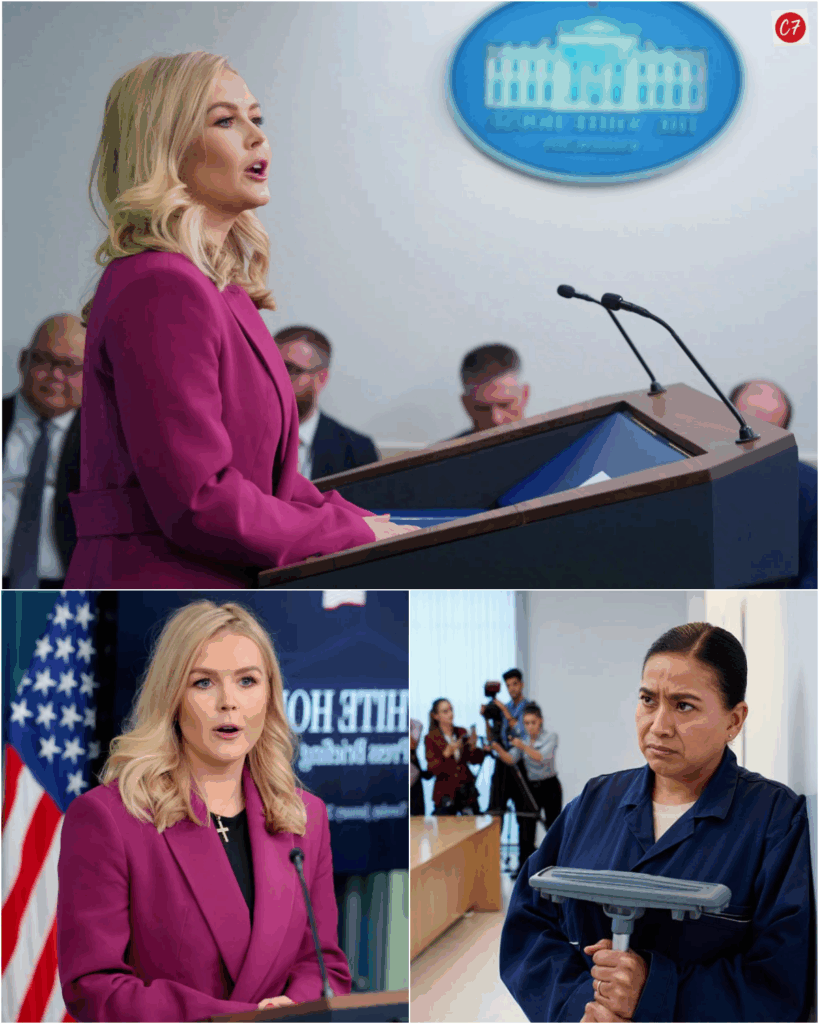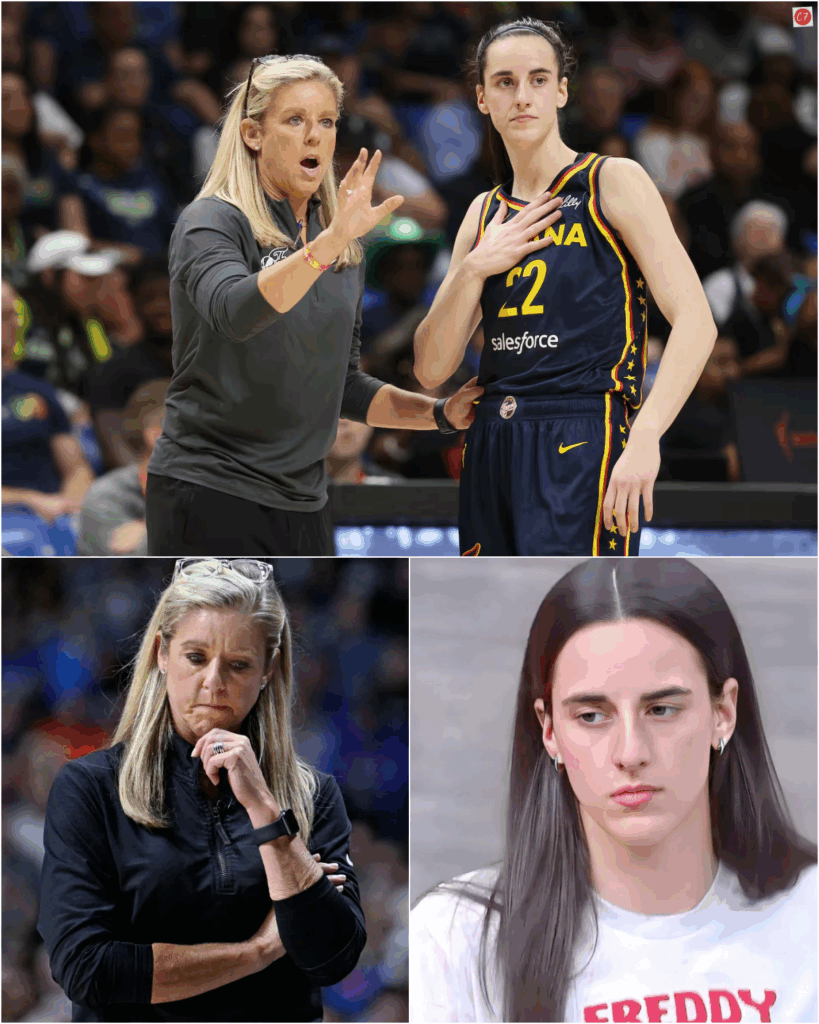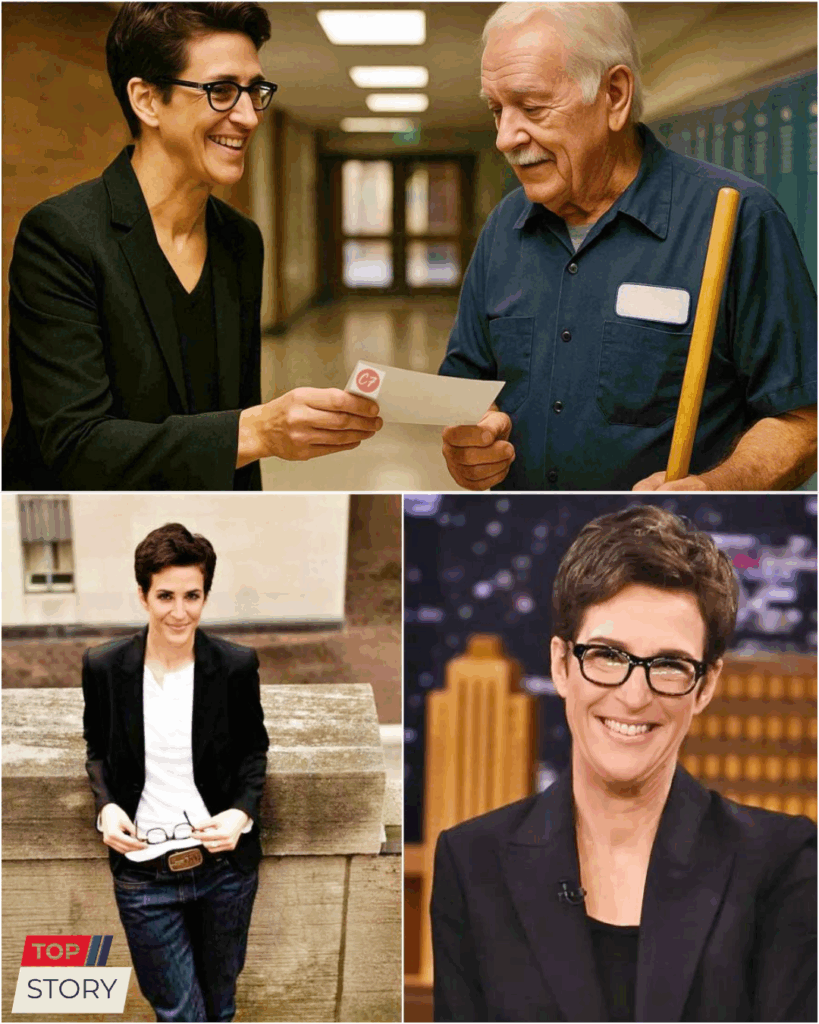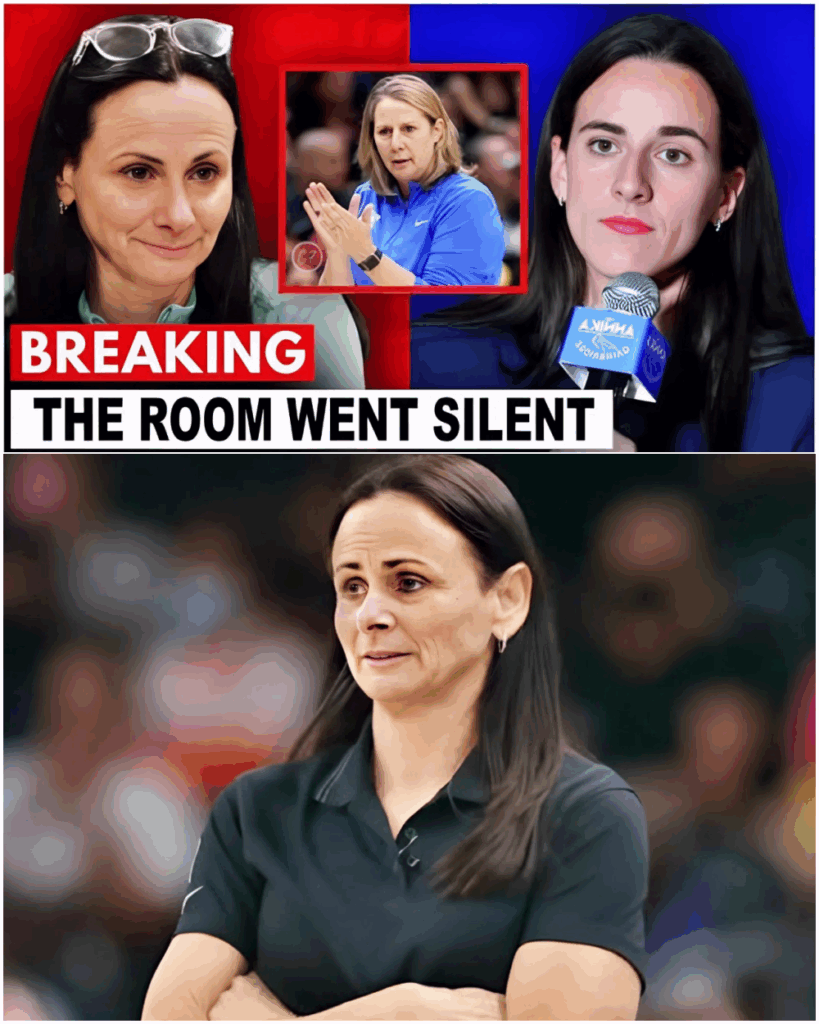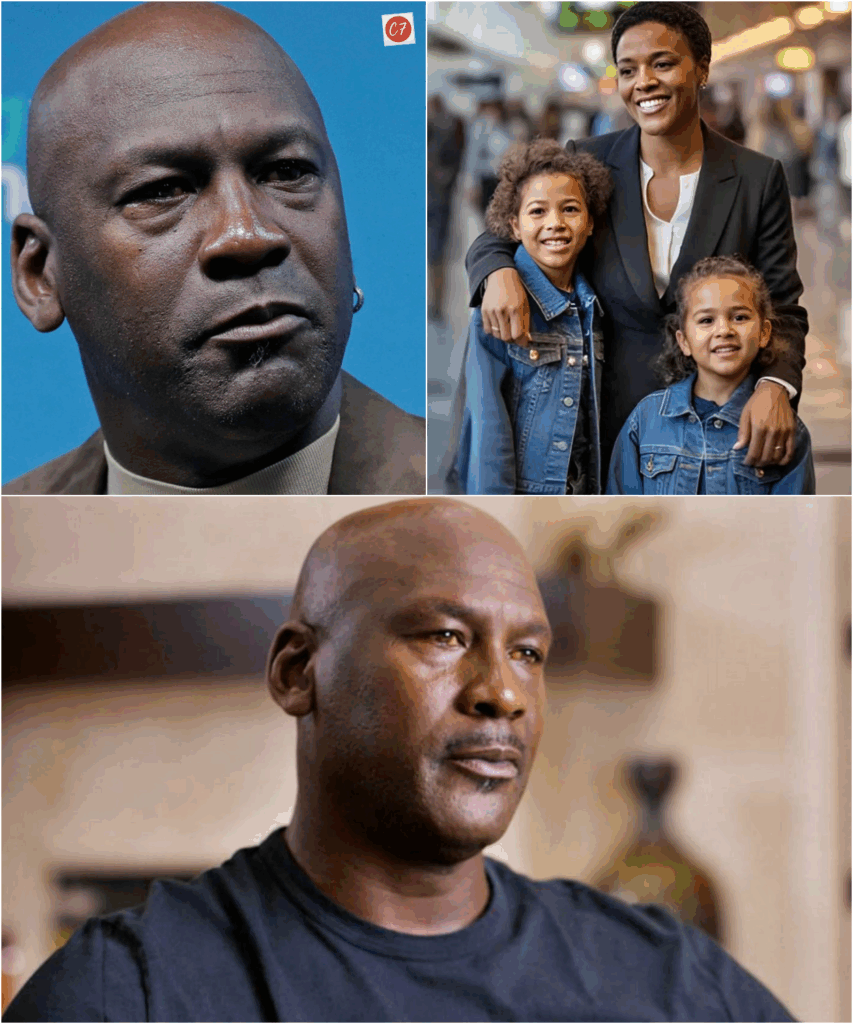This Place Isn’t For You! — Evelyn McGee-Colbert Was Rejected At A Luxury Store — And With Just One Single Sentence, Stephen Colbert Shook Paris.


“This place isn’t for you!”
The words came like a blade, sharp and merciless, right at the doorway of a glittering boutique on Avenue Montaigne. Evelyn McGee-Colbert froze. A moment earlier, she had been walking slowly through Paris with her husband, searching for a quiet afternoon away from the noise of the city’s most glamorous week. The next moment, she was stopped cold—dismissed not for who she was, but for how she looked.
The doorman’s smile had opened wide for a diamond-draped couple ahead of her. But when it came to Evelyn, his eyes narrowed. His voice, slick with arrogance, sliced the air: “This place isn’t for you.”
Behind him, through spotless glass, she could see champagne glasses raised, silk and leather draped across elegant arms. Inside, the wealthy mingled freely. But to Evelyn, the door stayed shut.
She had only wanted to step inside, perhaps to find a small gift to remember Paris by. Nothing extravagant. A scarf. A pair of gloves. Something to mark the trip she and Stephen had taken after weeks of upheaval back home in the United States.
For Stephen Colbert, the end of his show had come like a sudden blow. One week, he had the microphone, the studio, the nightly rhythm of speaking truth to power. The next, it was gone—cut, silenced, leaving behind questions, debate, and speculation. To the world, Colbert’s absence was a political flashpoint. To Evelyn, it was something else: her husband without his stage, restless, searching for air. Paris had been their answer.
But Paris was merciless.
“I only wanted to look,” she said softly, her voice nearly drowned by traffic.
Vincent, the doorman, didn’t flinch. “Private event,” he lied smoothly. “Try the tourist stalls by the river. More appropriate for you.”
The words burned. Evelyn felt her face flush, her throat tighten. She was sixty years old, long past caring about small insults. But this wasn’t small. This was different. It was the way he had looked at her—assessing, discarding—as though she did not belong among the polished floors and polished people.
Inside, one young employee noticed. Her nametag read Zara. She leaned toward her supervisor, whispering, “Shouldn’t we let her in? She’s just—”
Her supervisor cut her off. “Mind your section. Vincent knows who belongs here.”
And so Evelyn turned. She would not cry, not in front of him. She lifted her chin, stepped into the rain, and walked away. The drizzle thickened, streaking her scarf, soaking her shoes, but she didn’t hurry. At the corner, she stopped for a moment, the sting of humiliation heavy in her chest. She told herself it was nothing. Just a door. Just a store. Just a man with too much power over too little space.
But that didn’t make it hurt less.
Back at their hotel, she resolved not to mention it. Stephen had already lost enough. He didn’t need this.
But Stephen noticed.
When he returned later that evening, he found her staring out the rain-smeared window, her reflection pale in the glass.
“What happened?” he asked softly.
“Nothing,” she said, forcing a smile. “The rain caught me.”
He tilted his head. “You’ve never been good at lying.”
And so she told him. Each detail dragged the humiliation back into the room: the dismissive glance, the fabricated “private event,” the suggestion she try the tourist stalls. By the time she finished, her hands were clenched in her lap.
Stephen listened silently. His expression grew still, the warmth replaced by something sharper. It was a look Evelyn knew well—the calm before he struck, the silence before he cut through nonsense with words sharper than steel.
“It’s silly, really,” she said quickly. “I should forget it.”
His voice was low, deliberate. “What was the name of the store?”
“Maison Devereux,” she replied, sighing. “Stephen, please. Don’t make a scene.”
He smiled faintly. “I won’t make a scene. I’ll just tell the truth.”
That night, he barely slept. While Evelyn dozed, Stephen sat at the desk, jotting words into his small black notebook. Phrases. Questions. Fragments. He was no longer the man with a nightly platform, but somehow that made the words sharper, freer.
The next morning, the city pulsed with the chaos of Paris Fashion Week. Limousines lined the streets. Photographers clustered at every corner. Paris was intoxicated with itself.
And tucked into the week’s crowded calendar was a modest event: a cultural forum titled “Dignity in Media and Society.” A side stage. A small room. No cameras. No lights.
But Stephen Colbert was on the program.
By evening, the seats were filled—journalists, editors, students, activists. Whispers rippled through the room. Colbert had not spoken publicly since his show was cut. What would he say? Would he even mention it?
When he walked onto the stage, there was no roar of applause, no glimmer of studio lights. Just silence, heavy and expectant.
He began gently. He spoke of losing his platform, of the quiet that followed, of walking through Paris with his wife and feeling, for the first time in years, almost invisible.
And then, his voice sharpened. He told them what had happened. He repeated the doorman’s words exactly as Evelyn had heard them: “This place isn’t for you.”
The room stiffened. The phrase landed like a stone.
Stephen paused. He set aside his notebook, looked directly at the audience, and prepared to deliver the sentence that would change everything.
The silence in the room was thick. Every eye fixed on him.
Stephen leaned forward slightly, his voice steady, deliberate.
“If dignity has a door, then it opens for everyone — or it isn’t dignity at all.”
The words hung like smoke. Short. Cold. Devastating.
For a heartbeat, no one moved. Paris itself seemed to freeze, as though the weight of the sentence pressed down on every corner of the room.
Then came the reaction—not the polite applause of conferences, not the staged cheer of television audiences. It was rawer. Gasps. Murmurs. A ripple of recognition that cut through the air. Phones lifted silently, recording, posting. The moment was captured, and within minutes, it began to spread.
By the time Stephen stepped down from the stage, the clip was already online. By the time he reached the lobby, it was everywhere. TikTok. Instagram. X. Headlines rolled out: Colbert in Paris: One Sentence That Shook the Room. Wife Rejected at Luxury Store. His Response Goes Global.
At Maison Devereux, whispers turned to panic. Zara, the young employee who had watched Evelyn turned away, scrolled through her phone in the staff room. There it was—Colbert’s words, played again and again, subtitles flashing across millions of screens. She felt a knot in her stomach. The woman at the door. The humiliation she had witnessed. And now, the reckoning.
Outside the boutique, small groups gathered, holding up signs. Some were activists, others ordinary Parisians who had seen the clip. By nightfall, #DignityForAll was trending worldwide. Fashion bloggers declared that the scandal had already overshadowed entire runway shows. The humiliation of one woman had become the shame of an entire industry.
Back in their hotel suite, Evelyn sat beside Stephen, watching as the news scrolled across the television. She was quiet, almost stunned, while the world raged outside. “You didn’t raise your voice,” she said softly. “You just…”
“I just told the truth,” Stephen replied.
But the truth was enough.
French broadcasters replayed the clip on loop. American outlets picked it up within hours. The New York Times called it “a masterclass in quiet defiance.” A headline in Le Monde read: Un mot, un séisme. One word, an earthquake.
On social media, the interpretations multiplied. One tweet read: “Colbert didn’t just defend his wife. He defended all of us who’ve ever been told we don’t belong.” Another: “This wasn’t a speech. This was a dagger.”
At Maison Devereux, the fallout was immediate. By morning, the boutique’s glass doors remained locked. The brand issued a short statement, bland and corporate, claiming the incident had been “misunderstood.” But no one believed it. The damage was done.
For Evelyn, the humiliation was real, but so was the vindication. She had been reduced to nothing by a single sentence at the door. And Stephen had turned that same weapon—a sentence—into something the world could not ignore.
Reporters swarmed the streets, eager for comment. But Stephen refused to add more. “One sentence was enough,” he told a journalist who caught him outside the hotel. “That’s all it ever takes, if you mean it.”
Meanwhile, Paris Fashion Week stumbled under the weight of the scandal. Runway reviews were buried under stories about Colbert. Designers whispered angrily that one American comic had stolen their spotlight. But the truth was clear: the spotlight had shifted because the world saw something more powerful than fashion.
It saw a man who had lost his stage, and yet, with a single line, had made the world listen.
Zara, the young employee, finally spoke out. In an anonymous interview, she admitted: “I saw it happen. I wanted to say something, but I was afraid. Now I wish I had. He was right—dignity isn’t something you decide at the door.”
Her words only fueled the fire.
By the end of the week, Maison Devereux’s name was poison. Activists called for boycotts. Influencers filmed themselves tossing scarves and handbags from the brand into trash bins. One editorial declared: “A luxury house built on exclusion has collapsed under the weight of one American’s sentence.”
Through it all, Stephen and Evelyn kept their silence. They walked along the Seine, hand in hand, while the city buzzed around them. For once, they did not need the lights of a television studio. The world was already watching.
In the end, it wasn’t a monologue, or a comedy sketch, or a political takedown that reignited Colbert’s voice. It was one sentence, born from humiliation, sharpened by truth.
And it left Paris—and far beyond Paris—in stunned silence.
He had lost the spotlight. But he made the world listen.
What exactly did Stephen Colbert say… that left millions unable to breathe?
Editorial Note: This piece follows the tone and structure of contemporary cultural coverage, weaving together reported reactions, social context, and public conversation to capture the atmosphere surrounding the moment.
News
BREAKING: Stephen Colbert Played the Phillies Clip Right in the Middle of His Show, Making the Entire Studio Erupt… Then Suddenly Dropped a Joke That Set the Whole Nation Abuzz. No One Expected Stephen Colbert to Do This Live on Television.
The lights washed over the desk. The band hit a bright, teasing sting. Then the screen behind Stephen Colbert flashed to the viral Phillies moment—five seconds of grainy chaos that the internet had been chewing on all day. The room erupted. Whistles, whoops, the kind of laughter that makes the camera operator fight to keep […]
The Child Spoke the Truth — 7 Words That Silenced the Entire Stadium in the Phillies Incident.
The Child Spoke the Truth — 7 Words That Silenced the Entire Stadium in the Phillies Incident An alternate-angle clip from the stands has surfaced — and it is already being called the one detail the main broadcast completely missed. It lasts only a few seconds. The phone shakes. The frame is crooked. Yet for […]
Leavitt Shocked Everyone by Criticizing the Crowd, Rushing to Defend the Phillies Karen, But Just Minutes Later Karoline Wιshᴇd She Had Neνer Sρσker
“The crowd is the real problem.” One line. That was all it took to twist a stadium drama into a nationwide firestorm — and to drag Karoline Leavitt into the kind of spotlight even she couldn’t control. It began on a humid Friday night in Miami. The Phillies were facing the Marlins when Harrison Bader […]
Whoopi Goldberg Broke Her Silence on the Phillies Scandal Live on Air — One Line That Tore Social Media Apart.
The cameras rolled. The studio lights burned white. Chatter filled the air — nervous laughter from the audience, the usual banter from the panel. And then, like a blade slicing through fabric, the noise stopped. Whoopi Goldberg leaned toward her microphone. She didn’t need a warm-up. No build-up. Just six short, razor-sharp words — and […]
But What Hurt Her The Most Did Not Come From The Crowd Outside… But From The Way Those Once Closest To Her Treated Her: So Unfair!
“STOP IT NOW.” The two words sliced through the noise like a knife. A woman in a Phillies jersey finally appeared, trembling, saying she no longer dares to step outside her home. What used to be a simple walk down her street has turned into a gauntlet of strangers shouting, a “new nickname” echoing wherever […]
Karoline Lavitt Walked In With a Face Full of Power and Confidence That Made the Whole Room Pay Attention — But Just One Single Question From the Cleaning Lady Made Her Go Silent.
“Don’t be like that, Lavitt.” The words didn’t come from a rival, a journalist, or even a political heavyweight. They came from the shadows — from the corner where a cleaning lady stood quietly, unseen until she spoke. But before that moment detonated, the silence of the room had already been carved sharp enough to […]
End of content
No more pages to load
